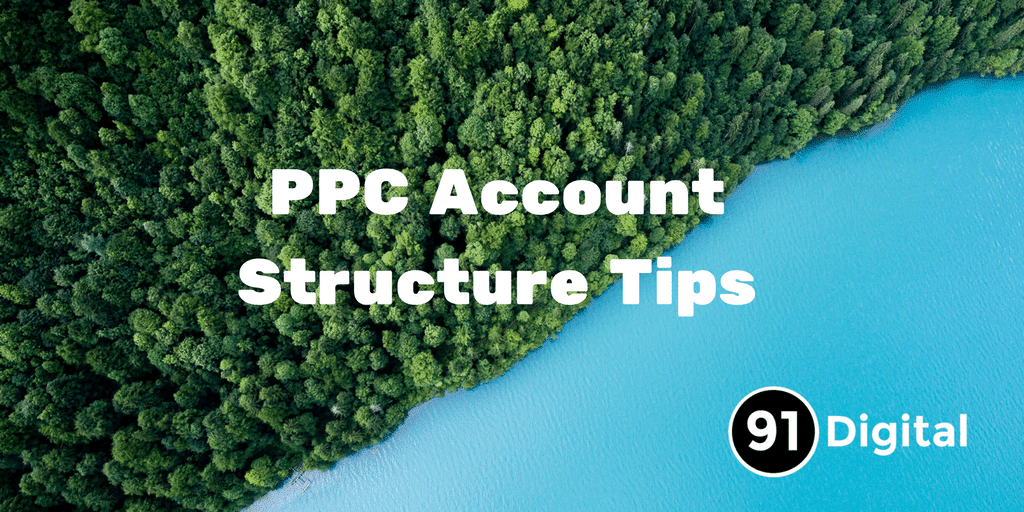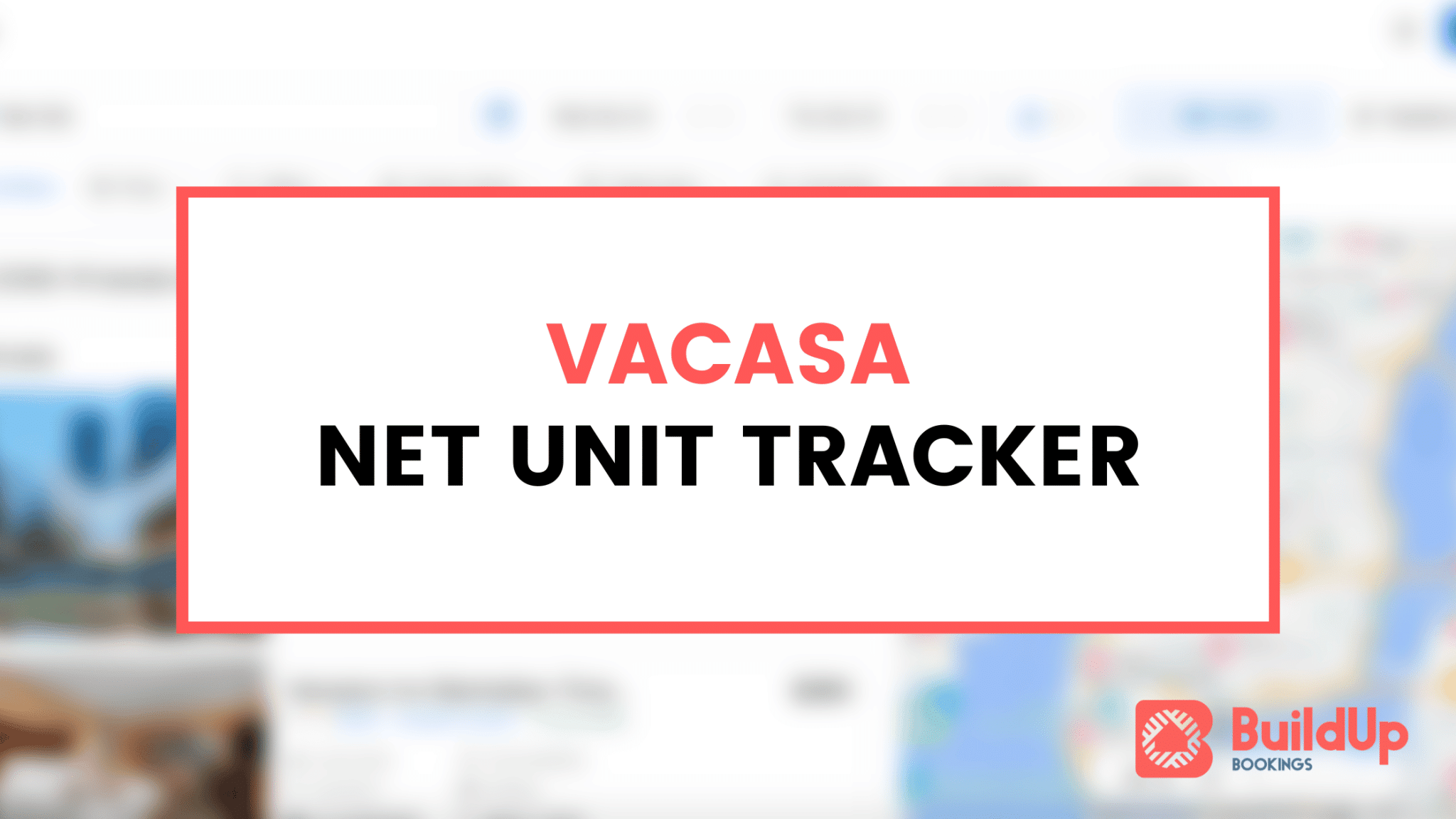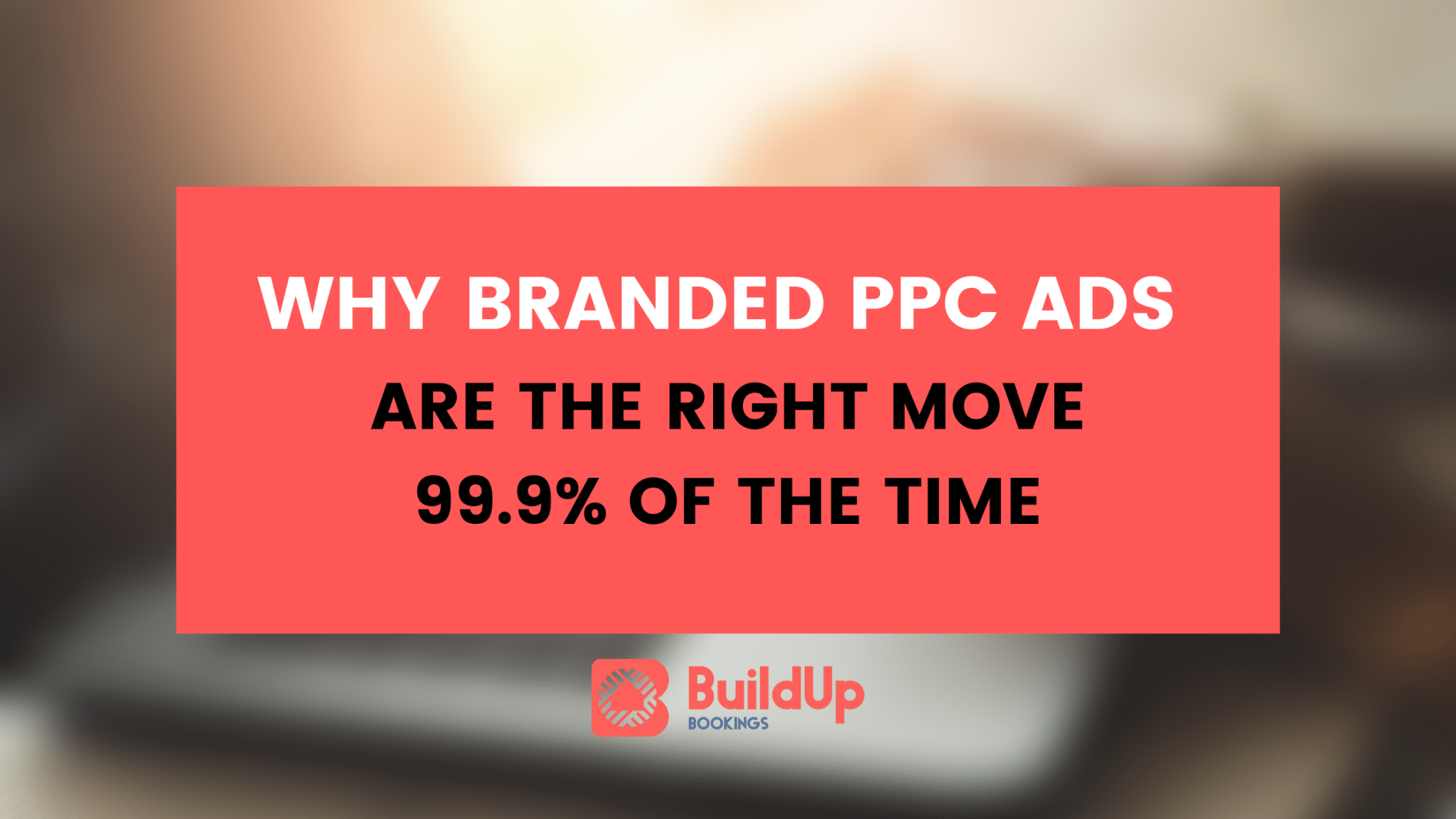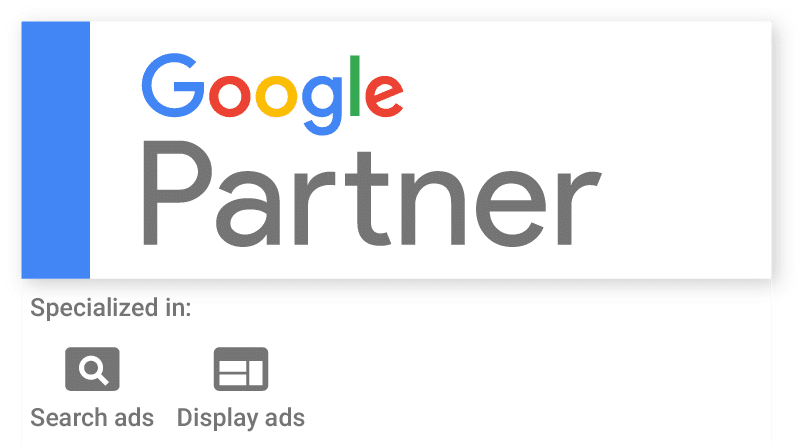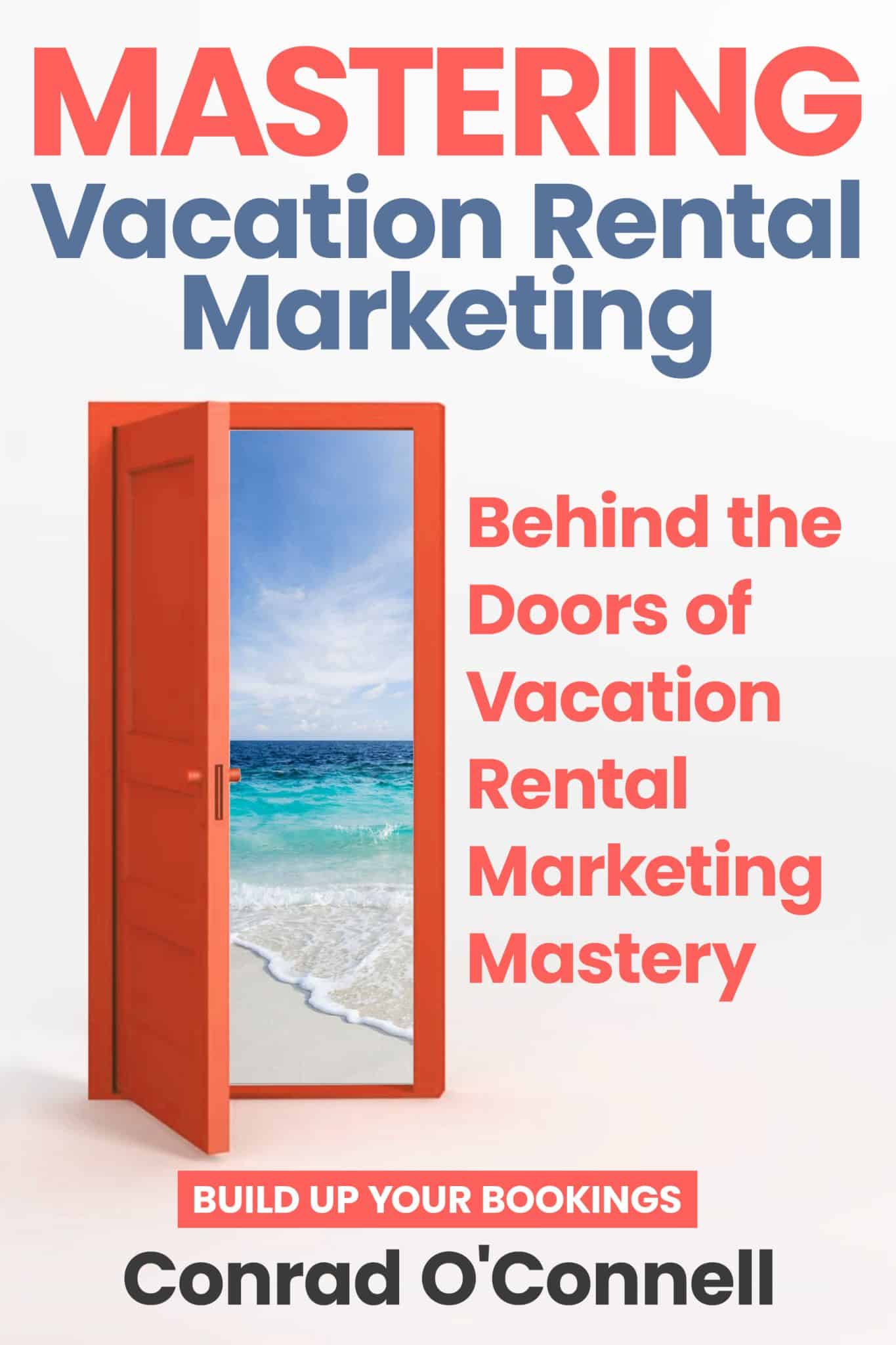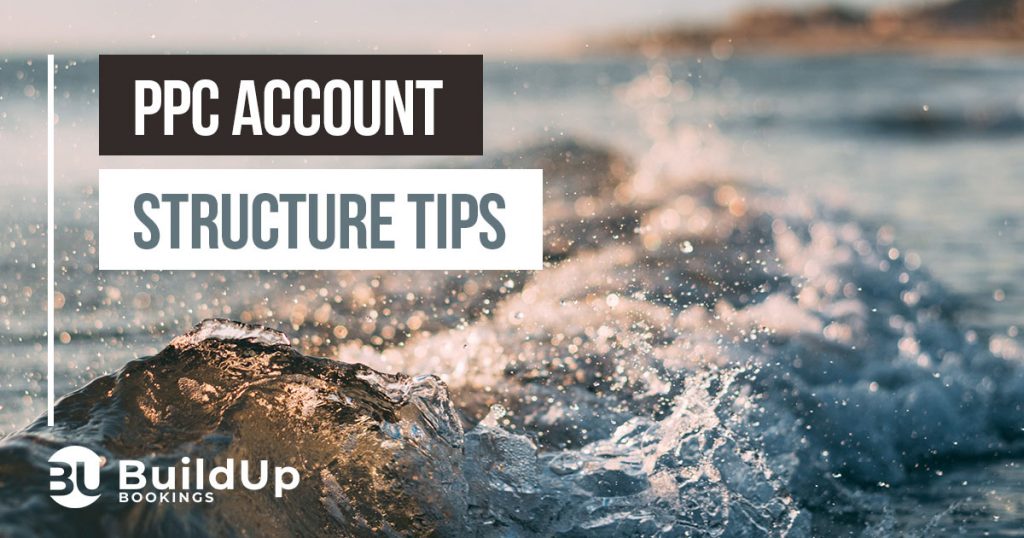
Over the years, I’ve had the pleasure of auditing nearly a hundred PPC accounts (the majority are Google AdWords plus a handful of Bing Ads accounts). During that timeframe, I’ve seen every mistake in the book (and made a few myself) on organizing your keywords, ad groups and campaigns. Setting up a very sound account structure will help to drive more bookings to your rental properties!
Your paid search account structure has a lot to do with how well your ads perform, how well you match up with various searches that guests make and the ease of managing your paid search account. An account with a poor structure makes it difficult to find the right keyword to edit, ad to update or area to increase spend. The best performing Google AdWords accounts show the best ad to the right searcher at the ideal time. Let’s help increase those for your account.
Ready? Let’s dig in.
Research & Organize Campaign Ideas
No matter if you’re setting up a brand-new paid search account or working with an existing account, it’s a good idea to research before building any new or revamped campaigns. It’s easy to just use Google’s default tools to make new campaigns and find new keywords — resist this temptation and plan your account out!
First you’ll want to have a good grasp on what keywords make sense for your vacation rentals or other accommodations. Most commonly, the name of your destination/city + vacation rentals is a high-volume search term that can drive lots of traffic. In many cases I bid on these terms with success. However, you may want to begin to think in categories of your rentals as well.
Rental Type Categories (Ski-In/Ski-Out/Oceanfront/Pet Friendly) could each have their own campaign depending on the quantity of rentals that you have under each category. My rule of thumb (and experience) has been to have a minimum of four rentals per category to make sure the conversion rate of your paid search traffic is high. If you manage a very small number of properties, you may have no choice if you want to test campaigns like these. This means your ads may convert at a much lower rate — I wish I had a better strategy here, but inventory matters.
General Inventory Categories (Condo Rentals/Vacation Rentals/House Rentals/Villa Rentals) each can be their own campaign depending on the makeup of your rental inventory. This, of course, varies greatly depending on location. If a guest searches for condo rentals, you don’t want to show large houses on your landing page and vice-versa. The CPC (cost per click) may vary depending on which categories you’re bidding on as well. This means that you may need a campaign for house rentals to convert better to drive positive ROI compared to a condo rental campaign. Those searching for villas seem to attract typically more luxury guests — a great strategy if you have rentals to match this intent.
Long-Tail Inventory Categories (One Bedroom/”Near”/With Amenity) searches like these can help you find profitable long-tail keywords that others are ignoring or not bothering to optimize for. Depending on your desire for grouping, I’ll often place similar categories under a single campaign with 4-5 ad groups under it. For example, those searching for rentals near a point of interest can each have unique ad copy even if we have ad groups for a handful of search terms. A tactical example of landing page could be Paris rentals near the Eiffel Tower .
City/Area Categories (Downtown Rentals/Neighborhood Searches/Town Rentals/Subarea Rentals) for larger property managers that may have vacation rentals in several areas or cities, it is critical not to mix these search terms together. To help with quality score, each city or neighborhood should have a separate landing page, campaign and ad copy. Too often I’ve seen single ad groups mixing terms from completely different areas, hurting ad relevance and quality score significantly.
Mapping these campaigns out in a simple text-based document before ever opening Google AdWords will make creating the campaigns a lot more manageable.
Once you’ve got a frame for your short term rental categories (campaigns), ad groups and landing pages, you’ll need to set budgets.
Budget Before Structure
While we have lots of examples of ad campaigns and keywords to target, you’ll want to of course have a budget in mind before setting up each campaign. All paid search budgets are set on the campaign level, so by grouping together too many ad groups into a single campaign, you lose the ability to add more budget to winning keywords while subtracting or reducing clicks on losing ad groups.
Very flat ad account structure can make management easier — having a wide structure with lots of campaigns, a handful of ad groups under each campaign and lots of dispersed daily budgets works best. It is far easier to have lots of campaigns and spend slightly more time managing budgets on a monthly basis than the alternative of “too-many-ad-groups” that can trap high-performing (or just high-volume) keywords with lower-performing ones.
This means that you’ll have to adjust daily budgets on many campaigns to match a monthly budget you may have (a minor drawback, I admit). I keep track of monthly budgets using a Google Spreadsheet and manually tracking daily ad spend weekly while adjusting as needed.
With any new campaigns I build, a daily budget of $15 – $50 per day is a great place to start and review account performance. Depending on the search volume, it’s likely you won’t spend the full daily amount for longer-tail campaigns: nothing to worry about by setting a budget greater than the search volume will spend.
Setting Up Ad Groups
While we covered general themes for campaigns above, it can sometimes can be hard to come up with new ad group and keyword sets to target in paid search. The list below, while no means comprehensive, may provide a jump-start to your researching process for your vacation rental business. Substitute in Destination Name with your particular area you offer vacation rentals, of course.
Destination name + oceanfront rentals
Destination name + ski in ski out
Destination name + pet friendly rentals
Destination name + rentals for groups
Destination name + condos
Destination name + houses
Destination name + villas
Destination name + X bedrooms rentals (1, 2, 3, 4)
Destination name + luxury rentals
Destination name + rentals with private pool
Destination name + near (popular landmarks)
Each of these often have far less competition than “easy to find” keywords — as a result, you can often pay less per click for a more targeted search (common outlier: luxury searches). For example, those searching for vacation rentals with large groups would welcome a landing page that only featured 5+ bedroom rentals and had message-match text and content above the fold. HomeAway and VRBO don’t have the time to create such low-volume landing pages, so they’ll often skip it – sending traffic to their area landing page. Here’s where you can win!
The key to a successful ad and landing page often isn’t very difficult: match what the searcher is looking for. Too often I see ads that look like this.
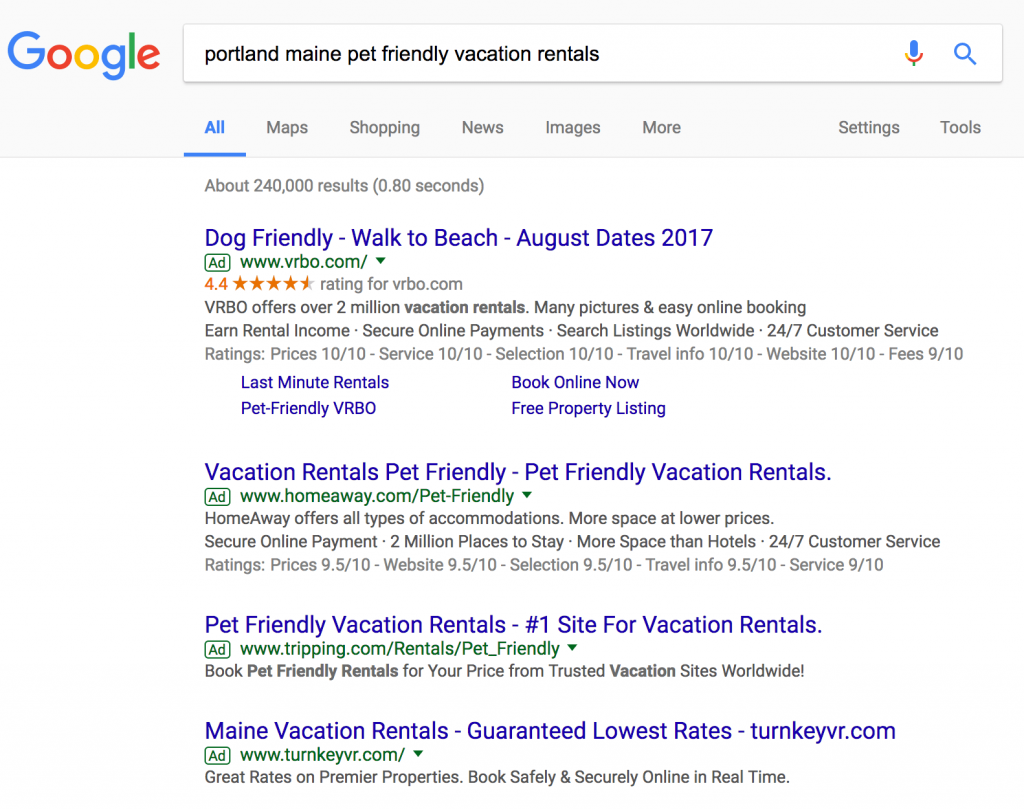
In this example, we have 0 ads that are better than the organic results. Not a great look for these advertisers!
VRBO has a large ad with lots of extensions (and I’m sure a good quality score and ad rank), but the copy isn’t a good fit at all. The VRBO ad doesn’t mention Portland, Maine and the headline, while recent (August 2017 is two months away), isn’t captivating me. A perfect example of ‘automated’ ads that you can easily beat by writing an ad that matches the guest search query.
HomeAway has a great ad for pet friendly, but again doesn’t mention Portland, Maine. Not a great fit either.
Tripping.com has the same story as HomeAway with far less extensions showing.
Turnkey Vacation Rentals has maybe the best ad in my opinion – it actually mentions Maine where I’m looking to vacation. However, the ad, while going to the right landing area, doesn’t call out pet friendly in the copy. A searcher may fear that they’d visit the Turnkey Vacation Rentals website and be left without any pet-friendly vacation rentals.
Here’s where your account structure will shine: connecting landing pages, keywords and ad copy/relevance together will be a major improvement over 95% of other advertisers. As a result, your ad rank and quality score will be in the top few percentage points — this is huge!
As you go from the Google-benchmark quality score of 5 up to 10, your CPC can drop up to 50%. This means for the same $2,000 monthly budget in AdWords, the average vacation rental website can range in traffic from 1,600 clicks to 3,200 using industry average CPC ranges.
Lesson: segmented ad groups, campaigns and ad copy/landing pages take extra time to setup, but will save you money on paid search traffic and will convert better. A win/win every single time.
Right Keyword Match Types To Use
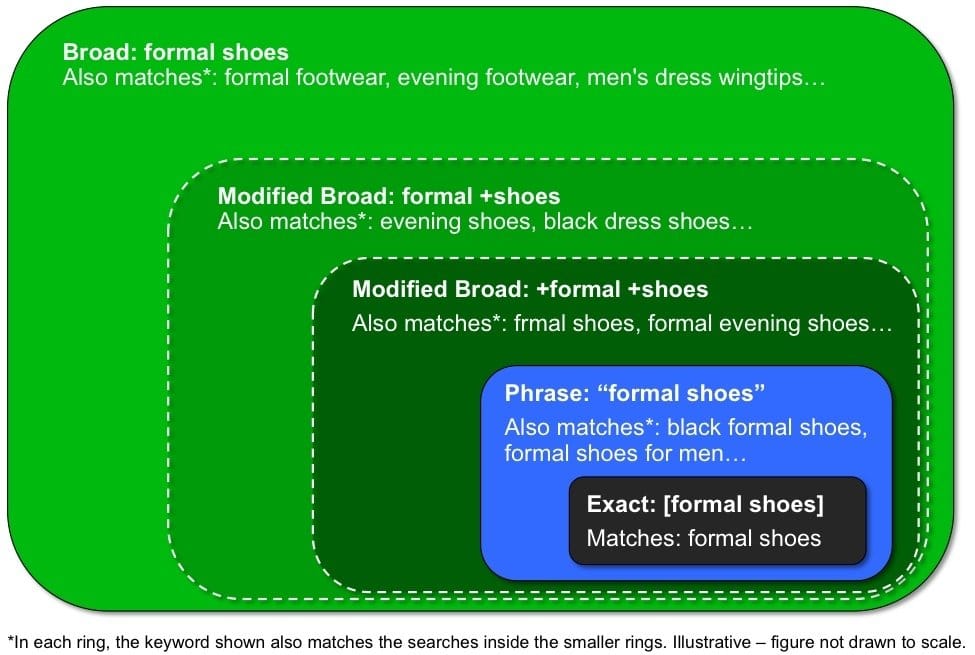
While I briefly covered keyword match types in my Google AdWords guide for vacation rental marketers, it’s worth refreshing my thoughts and methods since then.
I’m a strong proponent of modified broad match keywords (for most campaigns). Over the past year, I’ve seen this become the best performing for many of the keywords I’m targeting for my clients in Google AdWords & Bing Ads.
While phrase match can work well too, it often misses large buckets of very closely related long-tail keywords due to minor formatting issues or problems that the guest uses to research. For example, condo rentals in north myrtle beach versus a guest that searches north myrtle beach condos for rent means that phrase match will often miss one or the other.
Exact match feels too restrictive, leading to missed opportunities on mid-tail keywords that can provide excellent traffic at lower CPC numbers than the main head terms. I do still prefer exact-match when I’m targeting a more general search term that has some intent, but lacks a direct search for accommodations. For example, I’ll target the name of a resort that a client has properties in with exact-match and exclude those searching for directions, reviews and other non-booking intent terms.
Lastly, while broad match can easily capture the most impressions and traffic, Google tends to be far too liberal with their application of broad match topics for me to reccomend this match type very often. A recent audit of a mid-size Google AdWords account I’m working on was wasting over $500 per month on apartment rental keywords that Google deemed close enough to vacation rentals to show on a high-volume term. Yikes!
A helpful tool for me once I research my keywords in various tools (Semrush, Google Keyword Planner, Keywordtool.io) to convert them into the proper format is AdWords Wrapper. Quick, simple tool that automates the tedium of adding in correct characters for the various match types. Perfect.
What do you think?
The tools and methods around paid search are always evolving — what works well today may not work well in 2018 or beyond. That’s okay! As marketers, we can always adjust our strategies as Google and Bing adjust how advertisers can get a solid ROI. Thoughts? Drop me a comment below.
